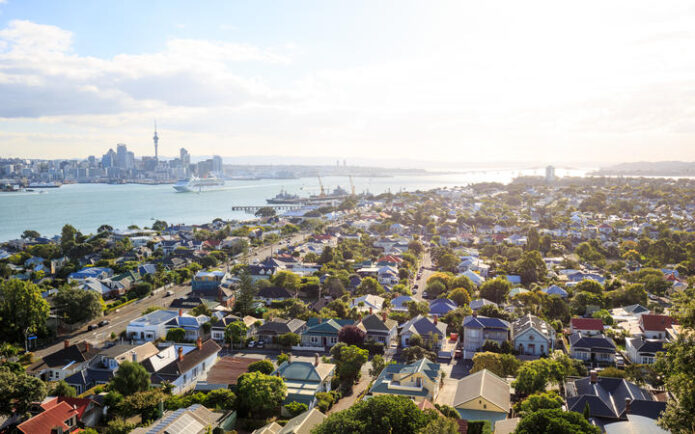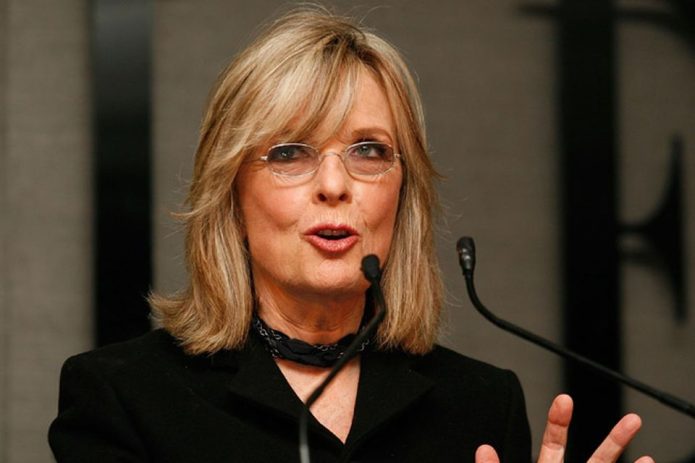PHOTO: With the Reserve Bank raising its official interest rate multiple times since last May, economists predict at least one or possibly two more rate increases before the cycle ends. FILE
According to CoreLogic, the number of properties sold at a loss increased during the March quarter, with nearly one in six units being offloaded for less than their original purchase price. As homeowners became concerned about the mounting costs of servicing their debts, the national proportion of resales with a nominal profit declined to 92.3% in the January-March period. This marked the third consecutive quarter of such declines, down from 93.2% in the previous three months.
The data, collected from approximately 76,000 resold houses and units, revealed a total profit of $22.7 billion in dollar terms, without adjusting for inflation. This figure was roughly half of the nearly $40 billion profit generated in the final quarter of 2021.
https://propertynoise.co.nz/au/single-mother-lucy-banks-acquires-her-third-property-in-15-months-funded-by-her-onlyfans-earnings/
The report highlighted that unit sales were more likely to result in losses for their owners, with 15.4% of transactions in the March quarter resulting in prices lower than the purchase price. This figure increased from 13.8% in the previous three months and contributed to a significant gap in profitability between houses and units.
CoreLogic’s quarterly Pain and Gain report stated, “Given there is generally a higher concentration of investment ownership in the unit sector, the increase in servicing investment mortgages may be a factor contributing to the greater concentration of loss in unit resales.”
Eliza Owen, the head of research at CoreLogic and author of the report, emphasized that while average gains remained substantial overall, profitability had deteriorated in the past quarter despite a slowdown in the rate of price falls. Owen suggested that the sharper decline in profits during the March quarter, when prices were stabilizing, could be linked to an increase in short-term selling.
https://propertynoise.co.nz/au/good-news-for-buyers-watch/
With the Reserve Bank raising its official interest rate multiple times since last May, economists predict at least one or possibly two more rate increases before the cycle ends. Property data groups like Domain have reported an increase in apparent forced sales in the outer suburbs of Sydney, and this trend is expected to spread to other regions as the cumulative impact of previous rate increases and any future ones takes effect.
CoreLogic also noted that the proportion of properties resold within two years increased from 3.4% in the March quarter of 2022 to 12.4% in the same quarter of 2023. Owen commented on this trend, saying, “Such short-selling times that involve sellers incurring a loss may be considered unusual because hold periods typically increase during housing value downturns as sellers try to avoid making a loss.”
Among the major cities, Sydney, Melbourne, Perth, and Darwin all witnessed increases in the rate of loss-making property sales. Sydney experienced the highest proportion of sales resulting in a loss, with just over 10% of resales (10.7%) in the March quarter, the highest since the three months leading up to August 2009. Melbourne followed closely behind with 10.2% of resales recording a loss, as reported by CoreLogic.
SOURCE: GUARDIAN
https://propertynoise.co.nz/au/real-estate-agent-conned-out-of-close-to-330000/












